
Sharon Block is a Professor of Practice and the Executive Director of the Center for Labor and a Just Economy at Harvard Law School.
In his hearing before the House Education and Workforce Committee last week, Labor Secretary Alex Acosta issued an ominous warning to worker centers across the country. When asked by Rep. Francis Rooney (R. Fla.) whether the Department of Labor would begin regulating these “union front organizations,” Acosta previewed that DOL may be taking a step in the next few weeks to impose regulations on worker centers that previous secretaries of labor – both Democrats and Republicans – had found unwarranted.
The imposition of onerous new regulations on worker centers would be a serious blow to the increasingly critical and growing role they play in the evolving landscape of organizations dedicated to protecting the rights of workers and giving them a voice in our economy. This role has taken on added importance as union density declines, workplaces fissure and the percentage of the workforce engaged in contingent work increases. Generally, worker centers provide education, support services, job referrals and legal services for low-wage, vulnerable workers in a geographic area and/or within an industry. Many worker centers also engage in public policy advocacy on behalf of their members and participate in coalitions with other community-based organizations.
The question that underlies Rep. Rooney’s rhetoric is whether worker centers should be treated as “labor organizations” or not. Although both unions and worker centers provide support for workers’ collective activity in the workplace, there are significant implications for whether those activities meet the definition of a “labor organization” under the Labor Management Reporting and Disclosure Act, a little known but important federal statute that regulates internal democractic processes and public disclosure requirements for unions. Any worker center found to be a “labor organization” would at minimum be required to file with the DOL’s Office of Labor Management Standards detailed and burdensome financial disclosure reports and to adopt a formal constitution and by-laws, which must provide for the election of officers – requirements that simply do not reflect the structure and organization of many of today’s worker centers.
Former Chair of the House Labor and Workforce Committee, John Kline (R-MN), engaged in a four-year long oversight investigation into the Obama Department of Labor’s treatment under the LMRDA of a number of prominent worker centers, including: Korean Immigrant Workers Advocates, OUR Walmart, Retail Action Project, the Coalition of Immokalee Workers, ROC, Workers Defense Project and Fast Food Forward. The oversight requests continued until almost the last days of the Obama Administration. The Obama Administration took a position consistent with the position taken by the Bush Administration – that worker centers do not engage in the kind of representational activities and direct bargaining with employers that would render them labor organizations within the meaning of the statute.
The threat to worker centers is unlikely to be contained within the Department of Labor. The question of labor organization status also has tax implications. The Center for Union Facts has filed a complaint with the IRS asking the Service to revoke the tax exempt status of the Coalition of Immokalee Workers, arguing that it should be treated as a labor organization. The loss of tax exempt status would threaten important sources of individual and institutional support for worker centers. Although no cases pending now before the National Labor Relations Board raise the issue, in the past, opponents of worker centers have (unsuccessfully) argued to the Board that worker centers should be treated as labor organizations under the NLRA and thereby subject to the Act’s prohibitions on secondary activity. A challenge under the NLRA may not be far behind these other attacks.
Acosta’s and the Center for Union Facts’ attacks, in a way, are a backhanded compliment to worker centers. As Ben noted several years ago, this negative attention from Republicans in Congress and others is an implicit acknowledgement of the success that worker centers are having in giving voice to thousands of workers. The public is taking notice too. Last month, Greg Asbed, founder of the Coalition of Immokalee Workers, was named a MacArthur genius award winner, recognizing the potential of CIW’s work to “transform workplace environments across the global supply chain.” And the media has been covering the pivotal role that worker centers are playing in protecting workers – especially undocumented workers – who are at the heart of the post-hurricane recovery efforts – here and here, for example. Having gone a long way to decimate the traditional labor movement already, it is no wonder that the interests that align with corporations at the expense of workers are now going after the next wave of worker organizations.

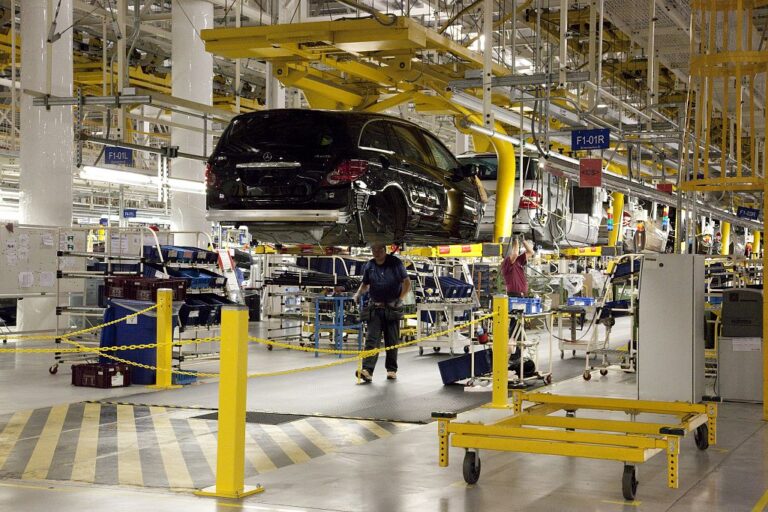
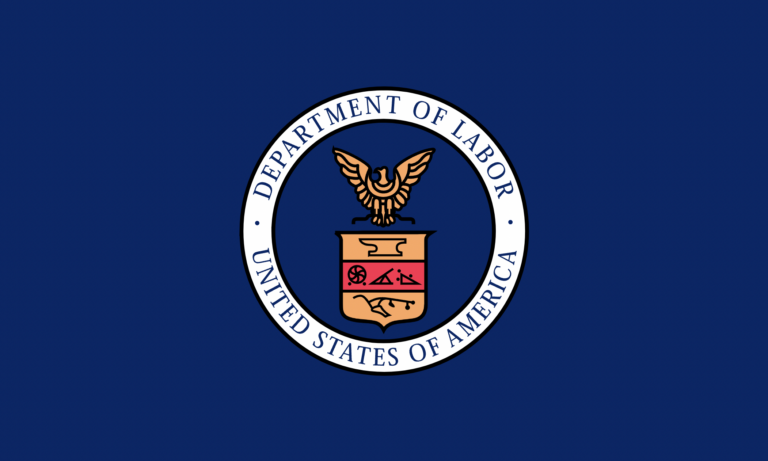
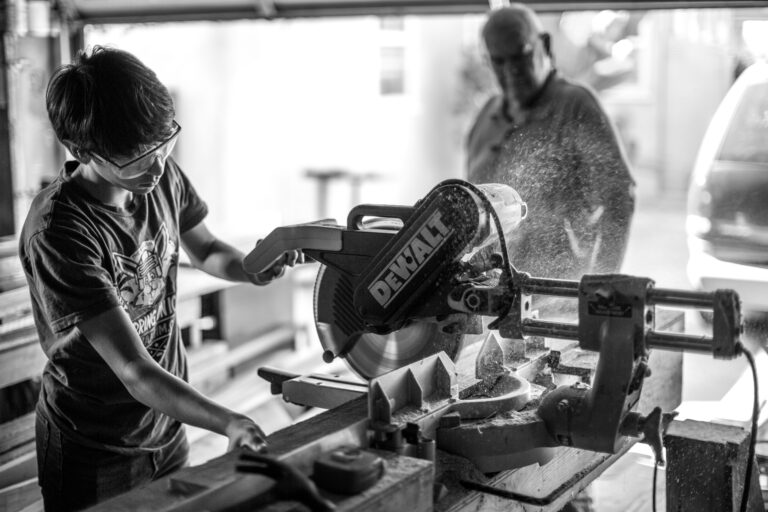
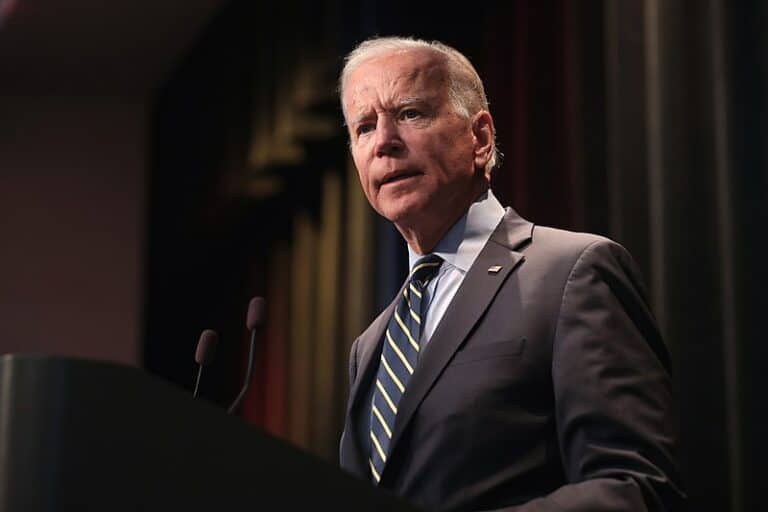
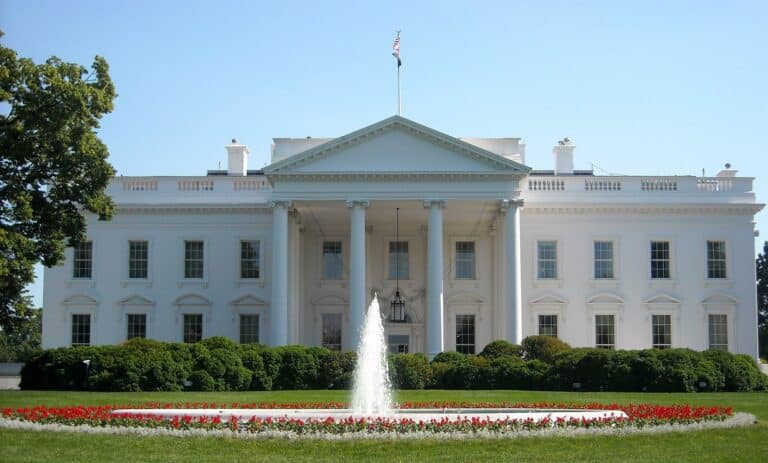

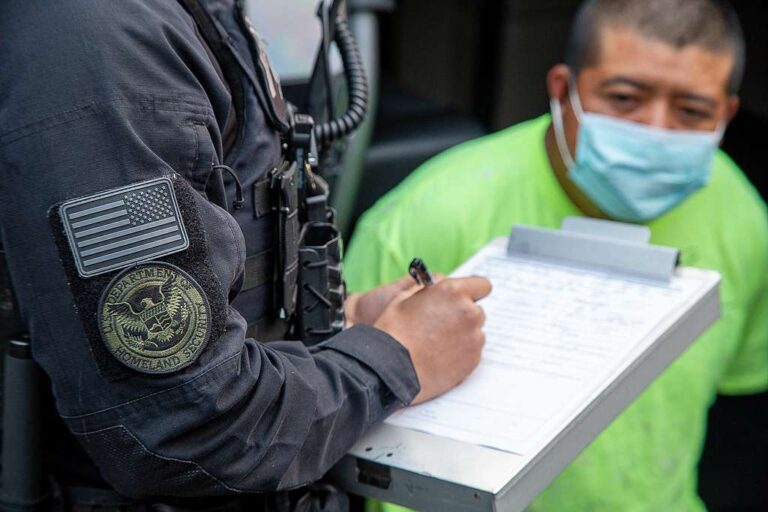

Daily News & Commentary
Start your day with our roundup of the latest labor developments. See all
May 30
Trump's tariffs temporarily reinstated after brief nationwide injunction; Louisiana Bill targets payroll deduction of union dues; Colorado Supreme Court to consider a self-defense exception to at-will employment
May 29
AFGE argues termination of collective bargaining agreement violates the union’s First Amendment rights; agricultural workers challenge card check laws; and the California Court of Appeal reaffirms San Francisco city workers’ right to strike.
May 28
A proposal to make the NLRB purely adjudicatory; a work stoppage among court-appointed lawyers in Massachusetts; portable benefits laws gain ground
May 27
a judge extends a pause on the Trump Administration’s mass-layoffs, the Fifth Circuit refuses to enforce an NLRB order, and the Texas Supreme court extends workplace discrimination suits to co-workers.
May 26
Federal court blocks mass firings at Department of Education; EPA deploys new AI tool; Chiquita fires thousands of workers.
May 25
United Airlines flight attendants reach tentative agreement; Whole Foods workers secure union certification; One Big Beautiful Bill Act cuts $1.1 trillion